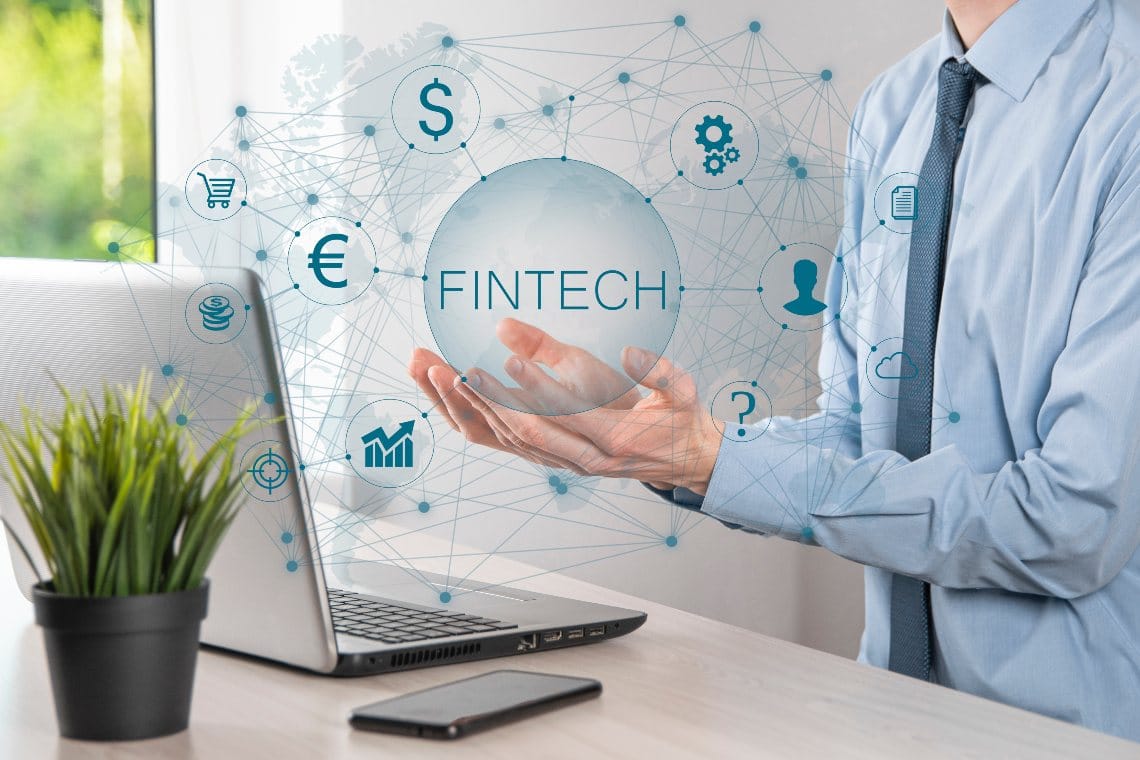Introduction
The GameStop saga, which captivated the financial world in early 2021, is more than just a tale of a struggling video game retailer. It’s a story of financial disruption, the power of social media, and the democratization of stock trading. Fintechzoom GME stock phenomenon has been instrumental in providing insights into this unprecedented event. This article delves deep into the intricacies of the GameStop stock surge, examining its causes, effects, and the broader implications for the financial industry.
The Rise of GameStop Stock
The Origins of the Surge
In late 2020, GameStop (GME) was a relatively obscure stock, trading at around $20 per share. However, a group of retail investors on the Reddit forum r/WallStreetBets saw potential in the company. They believed that GameStop was undervalued and that it had the potential for a significant turnaround. This belief was fueled by several factors, including:
- New Leadership: The appointment of Ryan Cohen, the co-founder of Chewy, to GameStop’s board of directors, was seen as a positive move toward digital transformation.
- Short Interest: GameStop had a high short interest, meaning many investors were betting against the stock. This created an opportunity for a short squeeze, where rising prices force short-sellers to cover their positions, driving the stock even higher.
The Role of Social Media
The power of social media cannot be underestimated in the context of the GameStop surge. Platforms like Reddit, Twitter, and Fintechzoom became hubs for retail investors to share information, strategies, and motivations. The collective action of these investors led to a dramatic increase in GameStop’s stock price, reaching an all-time high of $483 in January 2021.
Anecdote: The Little Guy’s Victory
One retail investor, who we’ll call John, invested his life savings into GameStop stock after reading compelling arguments on r/WallStreetBets. John’s initial investment of $5,000 grew to over $50,000 in a matter of weeks. Stories like John’s were widespread, contributing to the narrative of the “little guy” taking on Wall Street.
The Aftermath
Market Reactions
The GameStop surge had significant repercussions on the stock market. Hedge funds that had heavily shorted the stock, such as Melvin Capital, faced massive losses. This led to increased scrutiny of short-selling practices and the role of hedge funds in the financial markets.
Regulatory Responses
The Securities and Exchange Commission (SEC) and other regulatory bodies began investigating the events surrounding the GameStop surge. This included looking into potential market manipulation and the actions of trading platforms like Robinhood, which temporarily restricted trading in GME stock.
Expert Insight: Financial Analyst Perspective
According to financial analyst Jane Doe, “The GameStop phenomenon highlighted the need for greater transparency and regulation in the stock market. It showed how retail investors could band together to challenge the status quo, but it also exposed vulnerabilities in the system.”
Broader Implications
The Democratization of Stock Trading
One of the most significant impacts of the GameStop saga has been the democratization of stock trading. Retail investors, armed with information and trading apps, have shown that they can influence the market in ways previously reserved for institutional investors.
The Power of Collective Action
The collective action of retail investors demonstrated the power of social media and online communities in the financial world. This has led to a shift in how information is disseminated and how market movements are analyzed.
Potential Counterarguments
Some critics argue that the GameStop surge was a bubble driven by hype and speculation rather than fundamental analysis. They caution that such events can lead to significant financial losses for retail investors who may not fully understand the risks involved.
Real-Life Examples
The AMC and BlackBerry Surges
The Game Stop phenomenon also sparked interest in other stocks with high short interest, such as AMC Entertainment and BlackBerry. These stocks saw similar surges as retail investors sought to replicate the success of GameStop.
Personal Experience: A Cautionary Tale
While many retail investors profited from the GameStop surge, others faced significant losses. Sarah, a novice investor, bought GME stock at its peak, only to see its value plummet shortly after. Her experience serves as a cautionary tale about the risks of speculative investing.
Conclusion
The GameStop saga, as covered extensively by Fintechzoom, was a watershed moment in the financial world. It highlighted the power of retail investors, the influence of social media, and the need for regulatory reforms. As we move forward, it’s essential to consider the lessons learned from this event and how they can shape the future of stock trading.
The GameStop phenomenon was not just about making money; it was about challenging the established financial order and demonstrating the power of collective action. As the dust settles, the implications of this event will continue to reverberate throughout the financial industry, prompting discussions on market dynamics, regulation, and the role of retail investors.
In the end, the GameStop saga serves as a reminder that the stock market is not just a numbers game. It’s a reflection of human behavior, collective action, and the ever-evolving dynamics of power and influence.
:::
